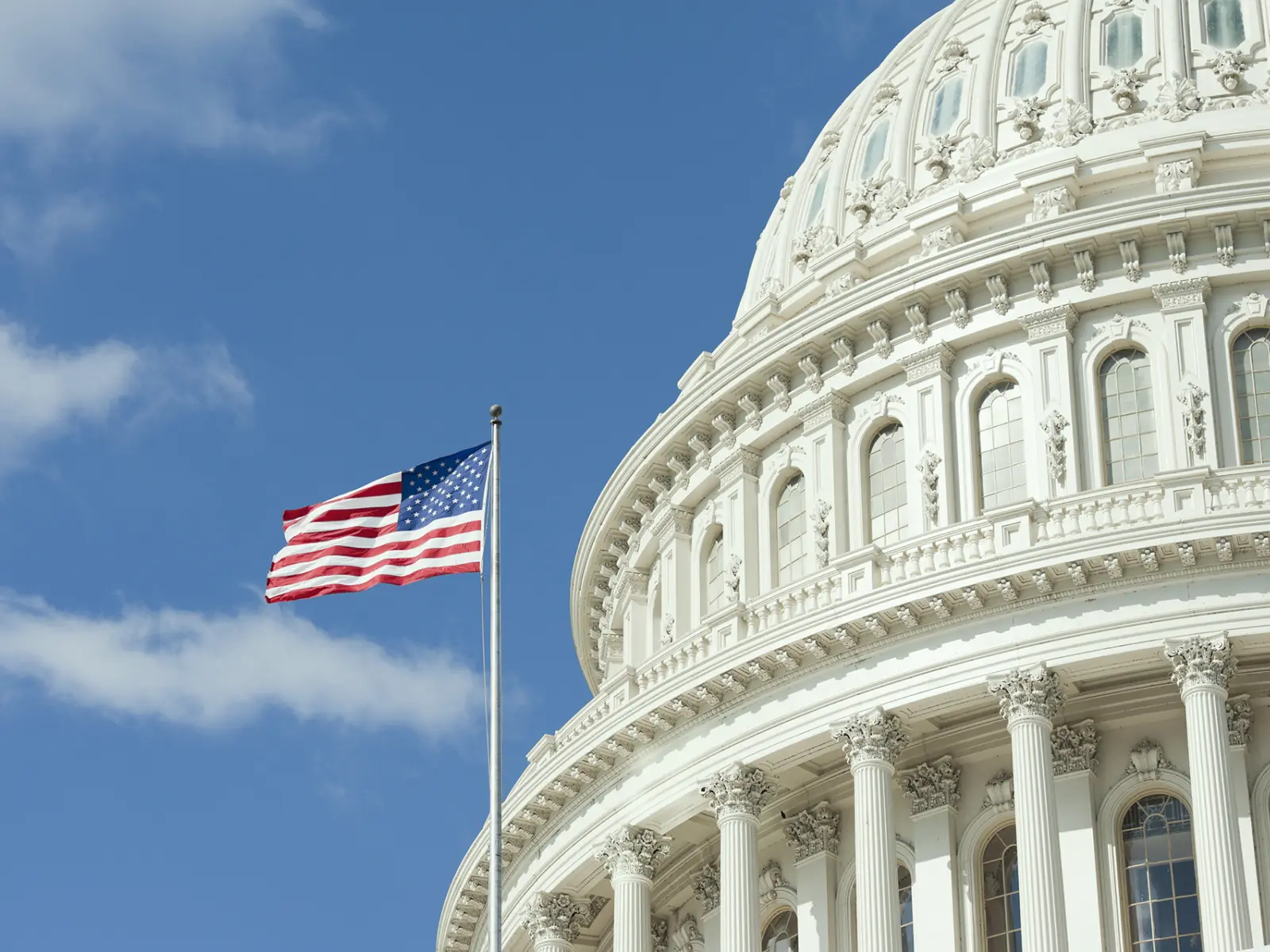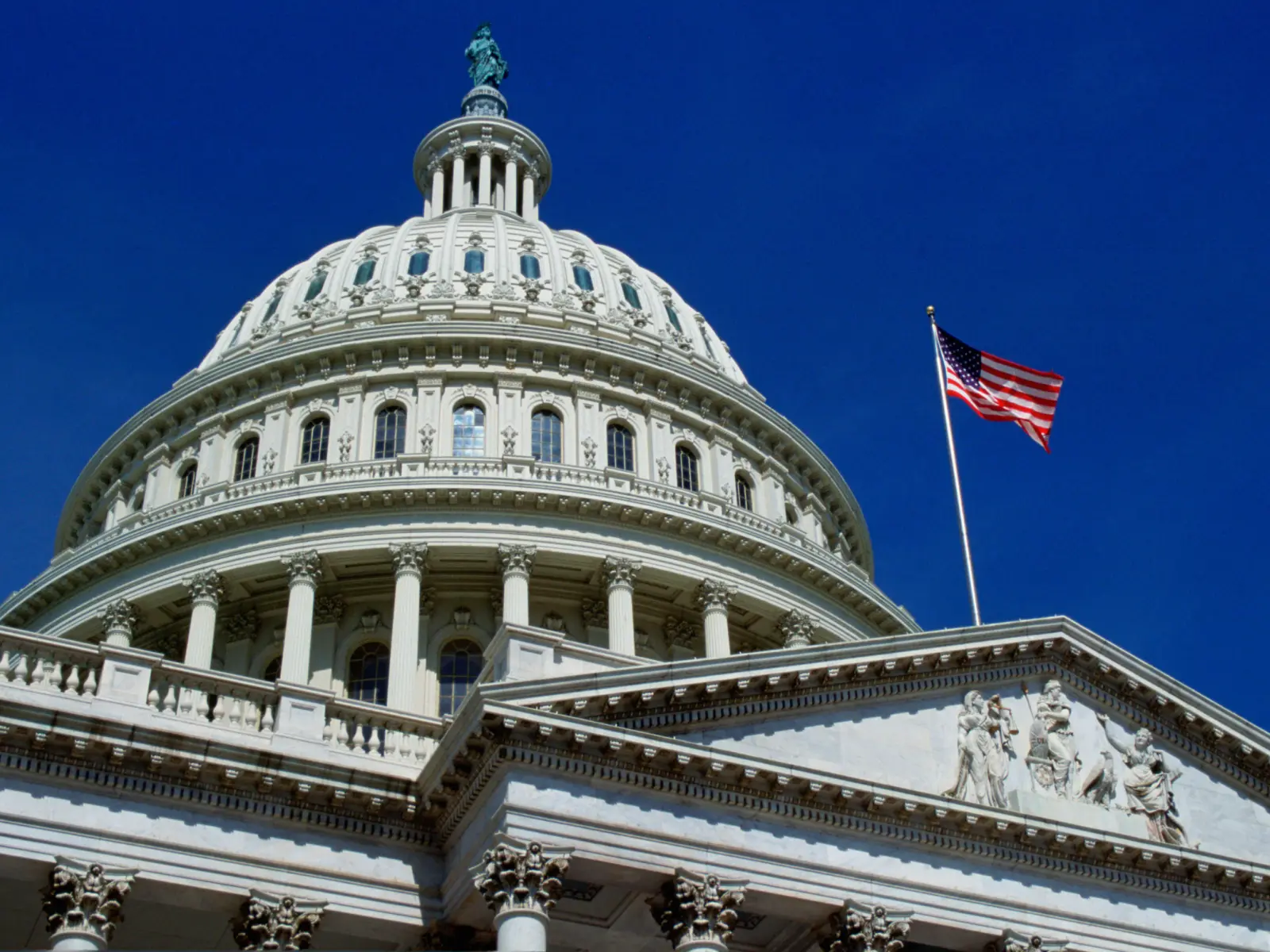This week, a debate has erupted over the extent to which the One Big Beautiful Bill (OBBB), originally envisioned to achieve the laudable dual goals of making permanent pro-growth tax policy and starting us on a road to fiscal responsibility, has been loaded up with deficit-increasing pork, handouts, and special-interest giveaways. The answer is clear: There is a whole lot of pork embedded in this package.
While many provisions aim to extend key elements of the 2017 tax law, they are overshadowed by costly, special-interest giveaways that do nothing to grow our economy and even less to simplify tax filing for taxpayers. We need stronger economic growth to generate the tax revenues necessary to get our fiscal house in order, but the bill neuters the most pro-growth tax cuts — incentives for capital investment, R&D, and business financing — and redirects the money to politicians’ pet causes.
In the tax space, the carve-outs add up fast. They range from narrow provisions benefiting niche industries — like fund managers in the Virgin Islands and banks making loans to agribusinesses — to much larger giveaways, including extending a Main Street business deduction to Wall Street private equity firms that own “business development corporations” and expanding the wasteful low-income housing tax credit for real estate developers.
On the spending side, the inclusion of the Orphan Cures Act would weaken the Medicare negotiation program by allowing more drugs to avoid price negotiation — a boon to pharmaceutical companies. This giveaway required the House to cut even deeper into Medicaid, sacrificing health coverage for pharma profits. And using the reconciliation process as a vehicle to expand farm subsidies that raise grocery prices hits American families twice — first as taxpayers and then as consumers. These policies should be debated out in the open as part of the regular Farm Bill process, not buried in the OBBB.
The bond markets aren’t fooled. Treasury yields have been rising because investors are losing faith that Congress will make responsible fiscal choices. Moody’s cited the House version of this bill as the final straw when it decided to strip the United States of its AAA credit rating.
Pulling out the pork just from the tax portion of the bill would save $470 billion — the exact amount needed to make the three most pro-growth tax policies permanent.
PRO-GROWTH PROVISIONS
| House Bill (Temporary) | If Permanent | |
| Bonus depreciation | $36,598 | $369,150 |
| Research and experimental expenditures deduction | $22,778 | $136,243 |
| Broader interest deduction limitation (EBITDA) | $39,554 | $63,319 |
| TOTAL COST OF PRO-GROWTH PROVISIONS | $98,930 | $568,712 |
| NET DIFFERENCE | $469,782 | |
All values are in millions
Sources: JCX- 22 – 25 R, April 3, 2025 JCT estimate
TAX “PORK” PROVISIONS IN THE HOUSE-PASSED RECONCILIATION BILL
| TAX | 10-YEAR COST |
| Business development corporation income qualifies for the qualified business income deduction* | $10,734 |
| No tax on tips (sunset 12/31/28) | $39,681 |
| No tax on overtime (sunset 12/31/28) | $124,016 |
| Enhanced deduction for seniors (sunset 12/31/28) | $66,263 |
| No tax on car loan interest (sunset 12/31/28) | $57,673 |
| Enhancement of employer-provided child care credit | $731 |
| Extension and enhancement of paid family and medical leave credit (45S) | $5,454 |
| Enhancement of adoption tax credit | $2,325 |
| Tax credit for contributions of individuals to scholarship granting organizations (credit sunset 12/31/29) | $20,442 |
| Reinstatement of partial deduction for charitable contributions of individuals who do not elect to itemize (sunset 12/31/28) | $6,947 |
| Exclusion for certain employer payments of student loans under educational assistance programs made permanent and adjusted for inflation | $11,238 |
| Trump accounts | $17,345 |
| Exclusion of interest on loans secured by rural or agricultural real property (sunset 12/31/28) | $1,095 |
| Treatment of certain qualified sound recording productions | $153 |
| Modifications to low-income housing credit | $14,110 |
| Global intangible low-taxed income determined without regard to certain income derived from services performed in the Virgin Islands | $883 |
| Extension and modification of clean fuel production credit (sunset 12/31/31) | $45,357 |
| Restoration of taxable REIT subsidiary asset test | $3,297 |
| Employer credit for CHOICE arrangement | $492 |
| Individuals entitled to Part A of Medicare by reason of age allowed to contribute to health savings accounts | $4,380 |
| Treatment of direct primary care service arrangements | $2,811 |
| Allowance of bronze and catastrophic plans in connection with health savings account | $3,563 |
| On-site employee clinics | $2,349 |
| Certain amounts paid for physical activity, fitness, and exercise treated as amounts paid for medical care | $10,539 |
| Allow both spouses to make catch-up contributions to the same health savings account | $1,880 |
| FSA and HRA terminations or conversions to fund HSAs | $363 |
| Special rule for certain medical expenses incurred before establishment of health savings account | $190 |
| Contributions permitted if spouse has health flexible spending arrangement | $6,819 |
| Increase in health savings account contribution limitation for certain individuals | $8,394 |
| Interaction of provisions in Subtitle A of Ways and Means bill | $1,759 |
| Subtotal, Tax | $471,283 |
All values are in millions
If you include wasteful spending provisions such as farm subsidies and pharma handouts, that number swells to $534 billion.
SPENDING “PORK” PROVISIONS IN THE HOUSE-PASSED RECONCILIATION BILL
| SPENDING** | 10-YEAR COST |
| Expanding and clarifying the exclusion for orphan drugs under the drug price negotiation program | $4,871 |
| Safety Net (Crop Insurance) | $52,264 |
| Supplemental Agricultural Trade Promotion Program | $2,191 |
| Research | $1,608 |
| Secure Rural Schools; Forestry | $280 |
| Energy | $70 |
| Horticulture | $332 |
| Miscellaneous | $1,608 |
| Subtotal, Spending | $63,224 |
| NET 10-YEAR COST OF PORK | $534,507 |
All values are in millions
Sources: Unless otherwise noted, scores are from JCT-26 – 25R.
** Estimated Budgetary Effects of H.R. 1, the One Big Beautiful Bill Act (CBO)
All is not yet lost. The Senate now has both the opportunity and the responsibility to clean up the mess by stripping out costly, narrow carveouts and replacing them with permanent, pro-growth policy that is worth the price tag.
The Senate has even more choices to further cut waste in federal programs and close tax loopholes to reduce the overall cost of the legislation. We highlighted 20 of them in a report earlier this year which together add up to trillions of dollars in savings. But the Senate can start by simply saying no to the new pork in the House version of the OBBB.
The choice before the Senate is clear: rubber-stamp a costly, carveout-laden bill, or demonstrate real leadership by demanding smart, responsible reform.


















